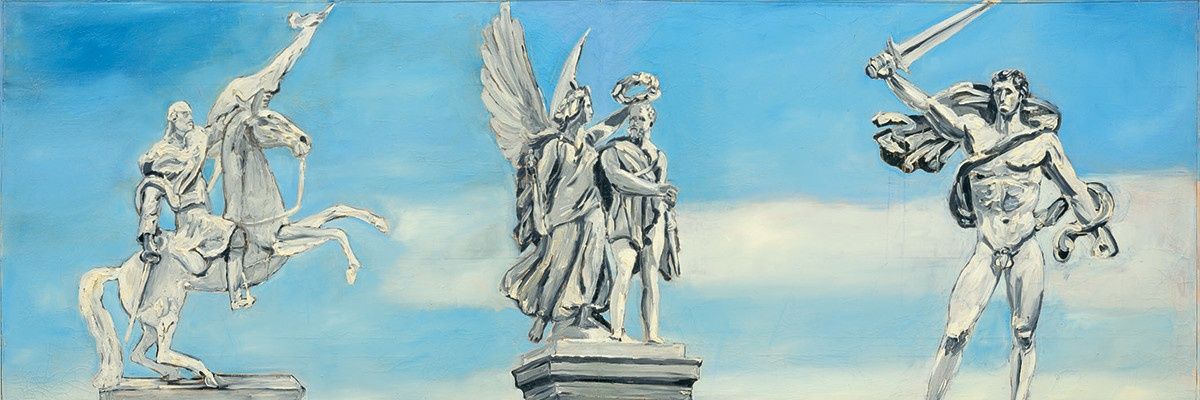
RonaldCHRIST
@RonaldCHRIST12
An element that distinguishes Teutonic mythology from other Indo-European traditions is its emphasis on militaristic evolution. This is particularly evident in the martial, royal, and priestly roles attributed to Odin. The Icelandic sagas describe "bearskin warriors" (berserkir),
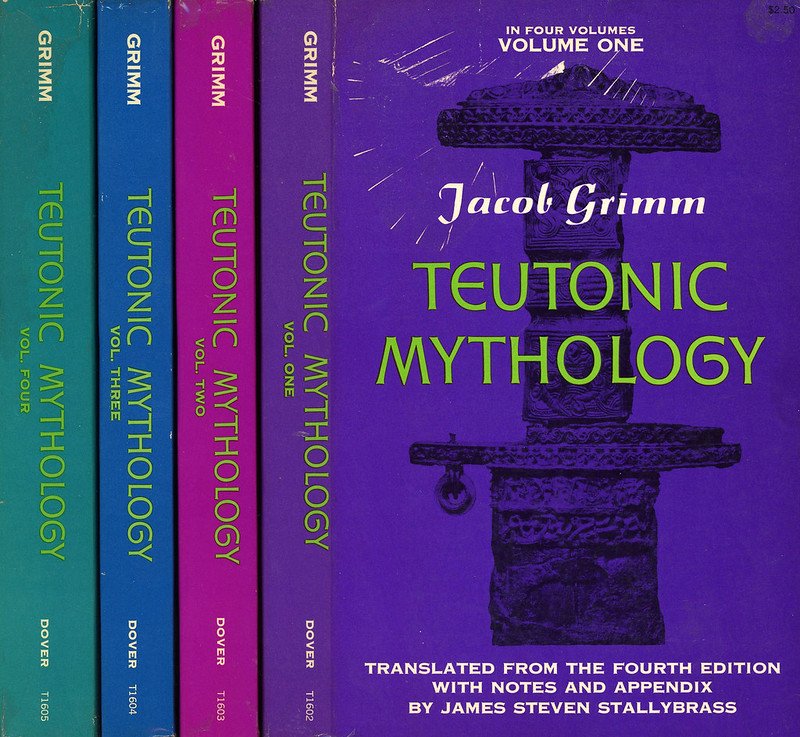
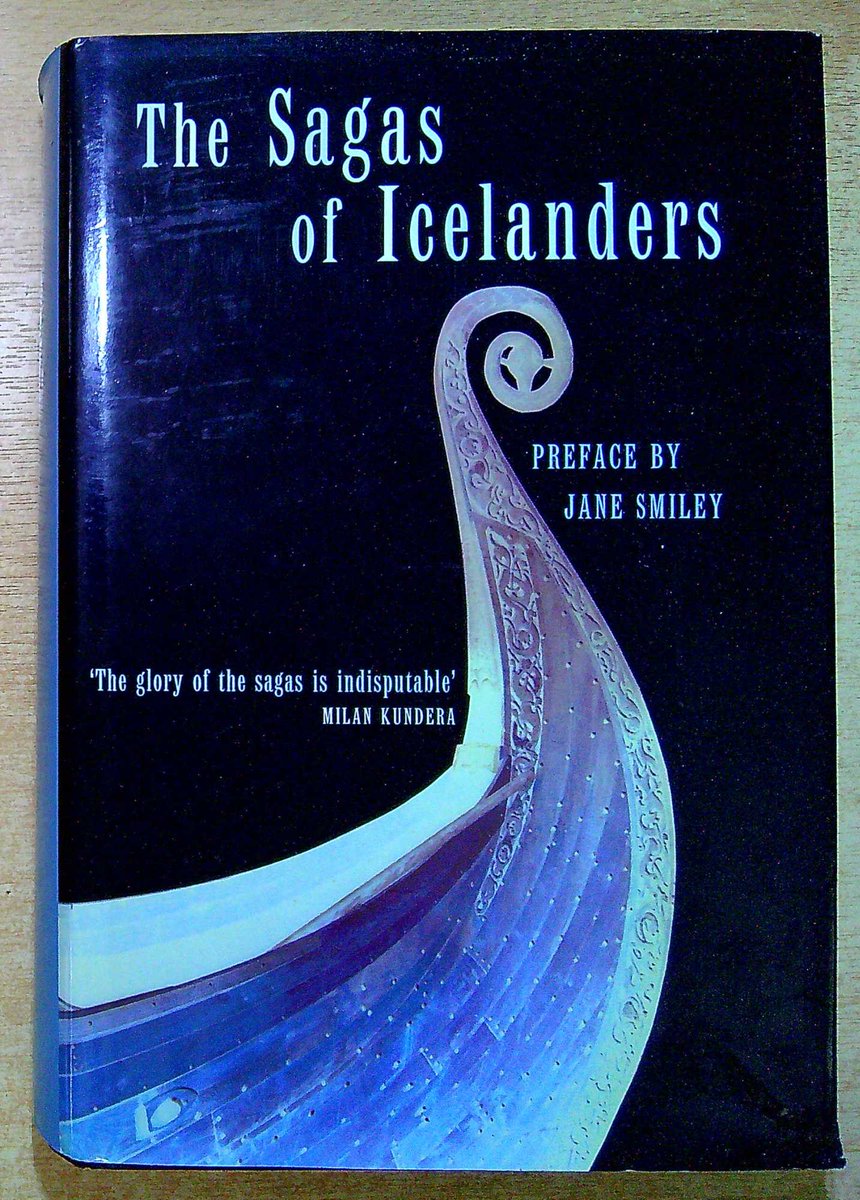
"Don't think that I'm wooing. Angel, were I doing so, you would not come! Since my call is always full of outpouring: against such a powerful current you cannot advance. Like an outstretched arm, my call. And its hand, opened above for grasping, remains open, before you,
“What matters is not the idea a man holds, but the depth at which he holds it.” Ezra Pound, The Paris Review
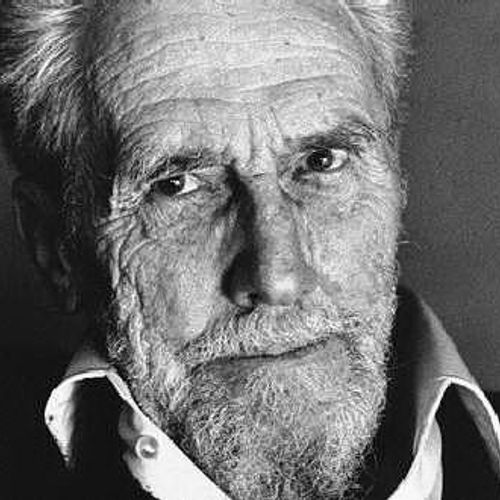
“A man of genius makes no mistakes. His errors are volitional and are the portals of discovery.” Ezra Pound, The Paris Review
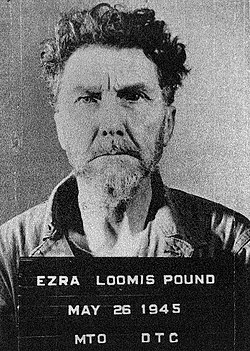
“The man who thinks he can live without myth is like one uprooted, having no true link either with the past, or with the ancestral life which continues within him, or yet with contemporary society.” C. G. Jung, Man and His Symbols
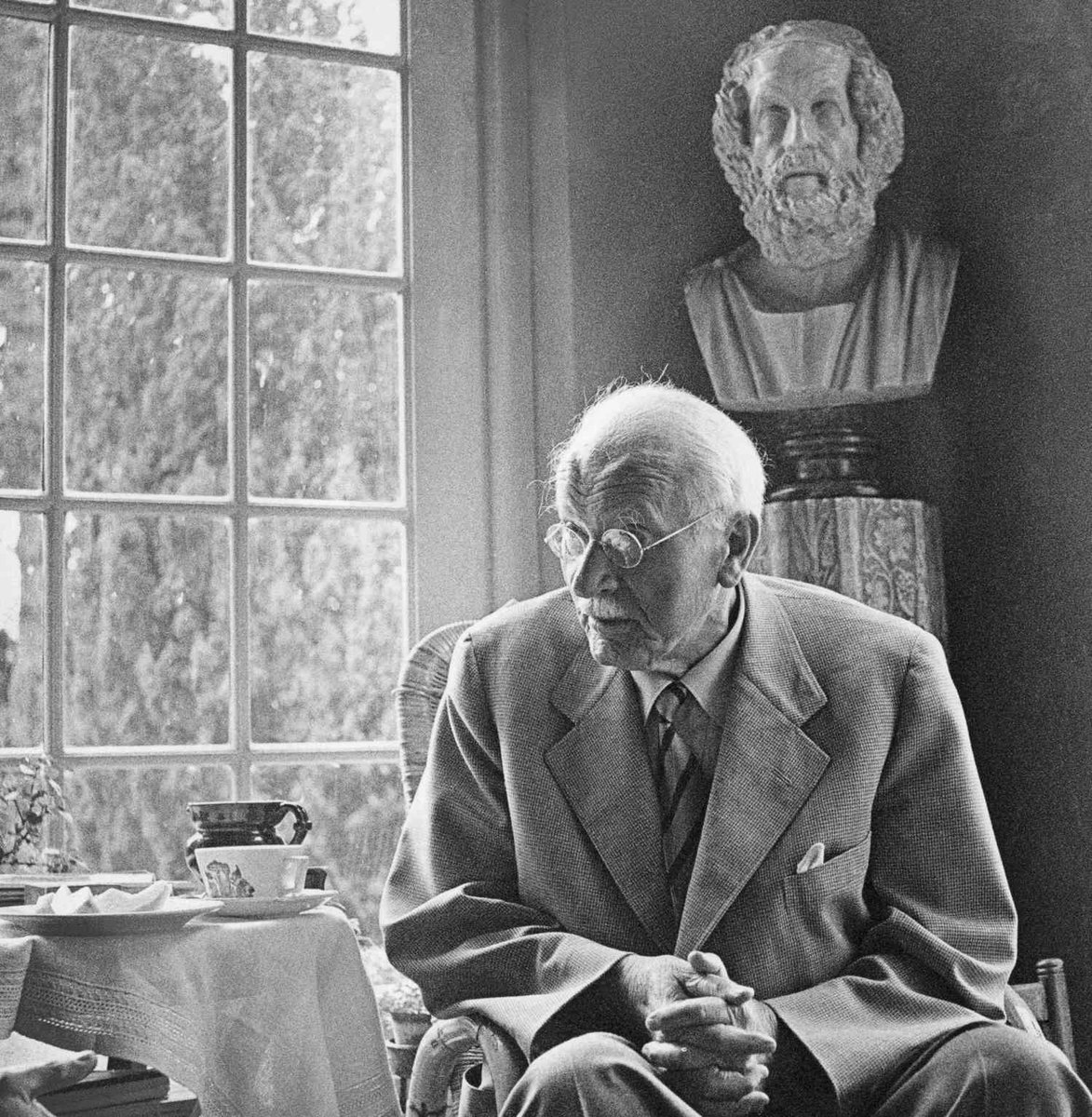
“The experience of the self is always a defeat for the ego.” Carl Jung, Memories, Dreams, Reflections
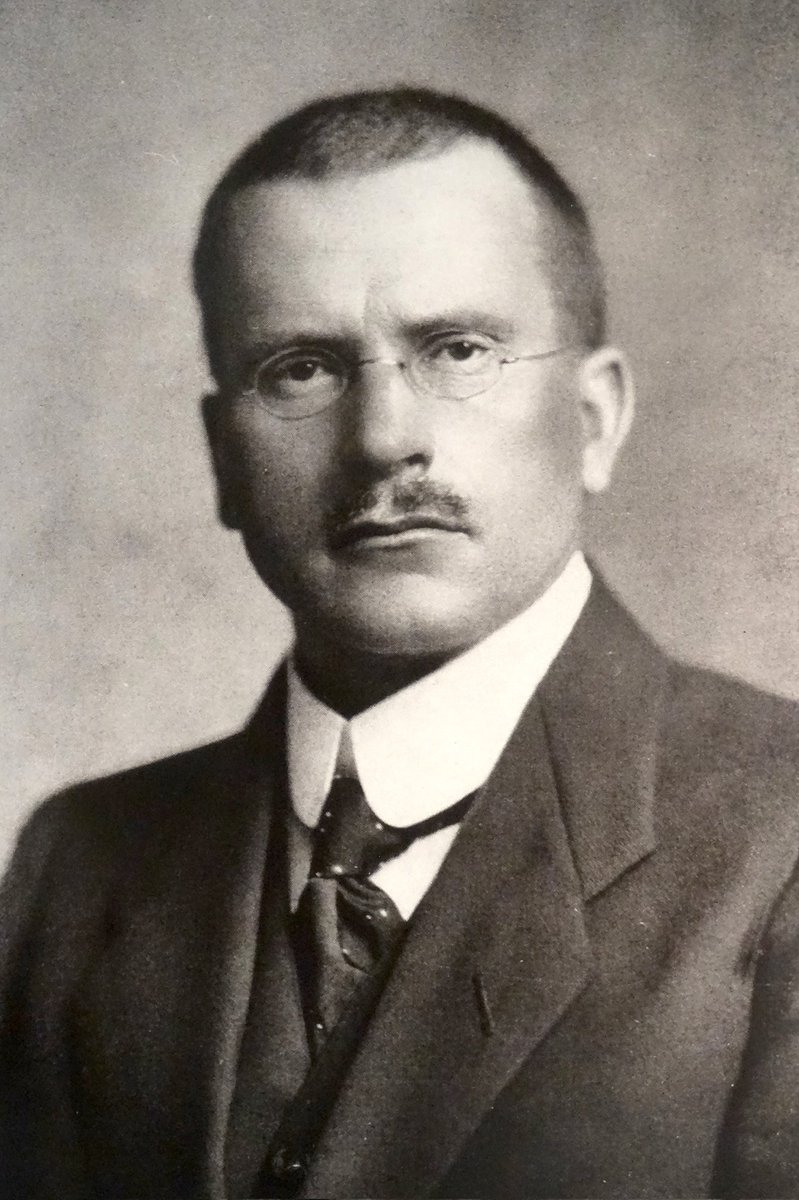
consciousness at all or an infinite one, which is to say, either in the puppet or as a god." Heinrich von Kleist, On the Marionette Theatre
“...just as two intersecting lines, converging on one side of a point, reappear on the other after their passage through infinity, ... so will grace, having likewise traversed the infinite, return to us once more, and so appear most purely in that bodily form that either has no
“I feel as if I have been born into a world which does not yet exist.” Heinrich von Kleist, Letter to Ulrike

"I step back from someone who is not here yet and kneel down in front of his spirit one century before he comes." Heinrich von Kleist
“You must change your life.” Rainer Maria Rilke, Archaic Torso of Apollo
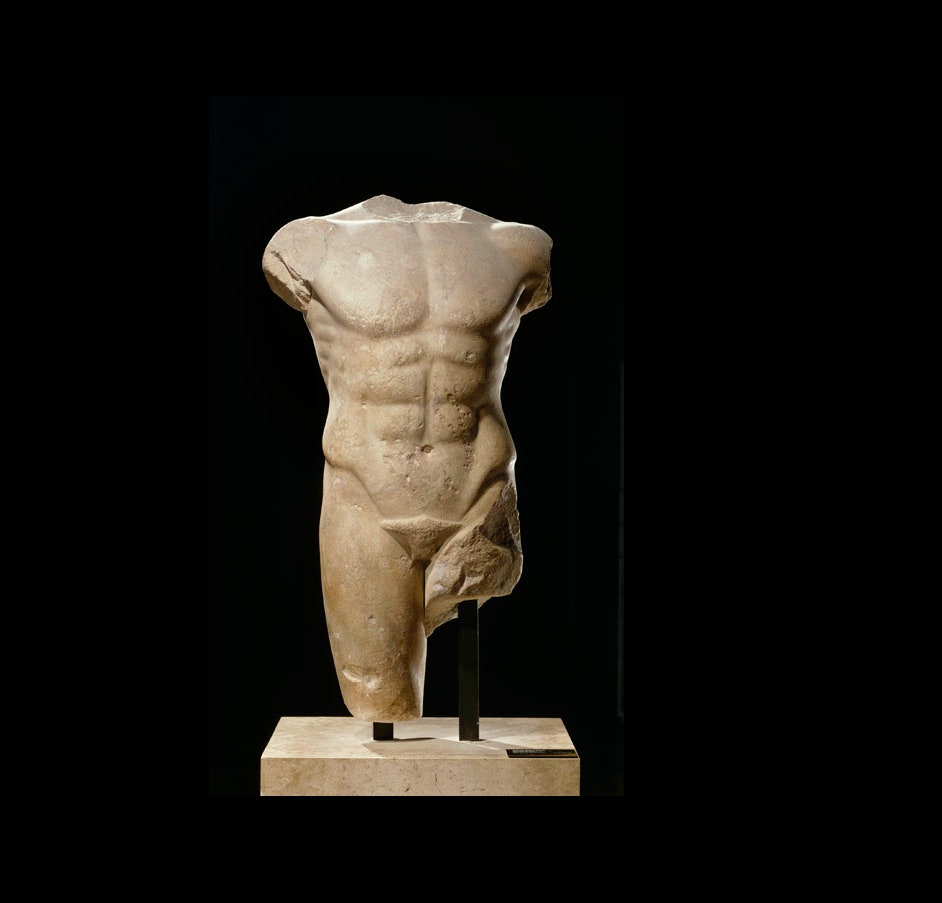
“People are turning away from everything that's real. It is as if they were afraid of it. They prefer to let everything be finished off and made anonymous and public.” Rainer Maria Rilke, The Notebooks of Malte Laurids Brigge
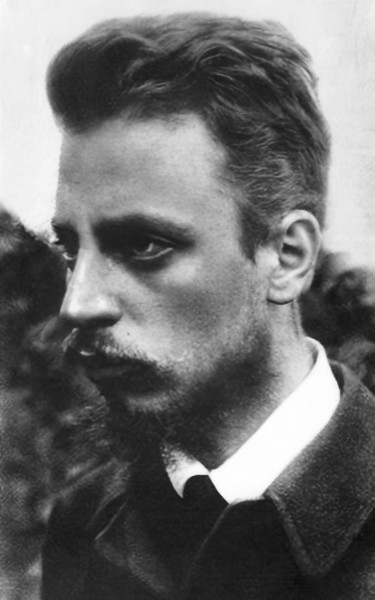
“You must live the questions now. Perhaps you will then gradually, without noticing it, live along some distant day into the answer.” Rainer Maria Rilke, Letters to a Young Poet
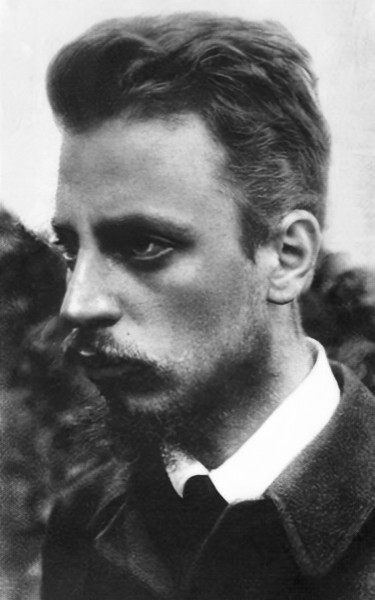
“Only in the realm of decline are we reality. Blossoming and passing—both are the same.” Rainer Maria Rilke, Sonnets to Orpheus

“To think of death is a sweet thing.” Rainer Maria Rilke, The Notebooks of Malte Laurids Brigge
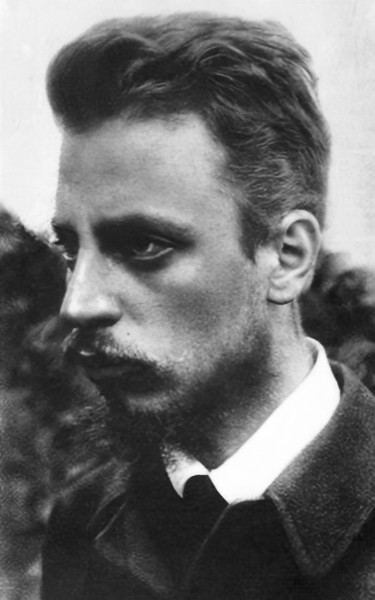
"I am learning to see. I don’t know what it is, everything goes deeper into me and doesn’t stop where it used to stop." Rainer Maria Rilke, The Notebooks of Malte Laurids Brigge
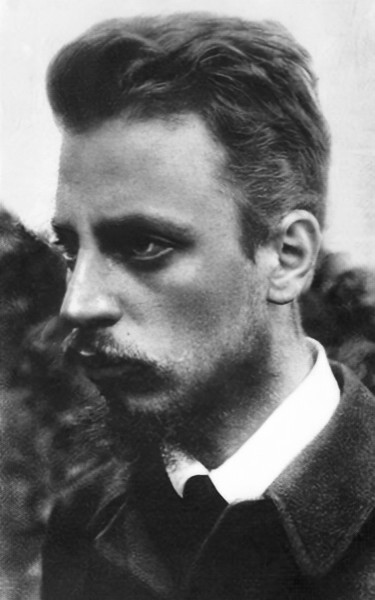
"We cannot know his legendary head with eyes like ripening fruit. And yet his torso is still suffused with brilliance from inside, like a lamp, in which his gaze, now turned to low, gleams in all its power. Otherwise the curved breast could not dazzle you so, nor could
"There stands death, a bluish distillate in a cup without a saucer. Such a strange place to find a cup: standing on the back of a hand. One recognizes clearly the line along the glazed curve, where the handle snapped. Covered with dust. And HOPE is written across the side in